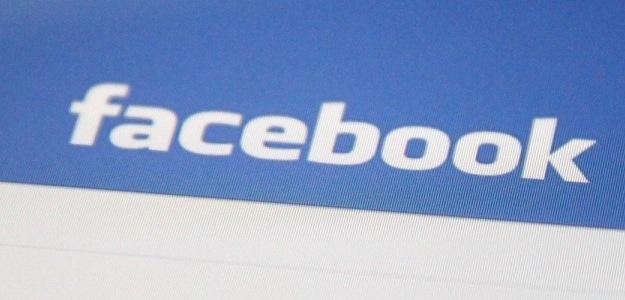 For Internet snobs, hipsters, and everyone else who’s been mortified for by their parents sending them friend requests and filling their feed with embarrassing political rants and “shared” pleas to support some poor dying child in a faraway land who may or may not exist, stop and breathe. This may all start coming to a halt now that Facebook appears to be on a relevance and usage downswing. Could the end of our long, international nightmare truly be in sight?
For Internet snobs, hipsters, and everyone else who’s been mortified for by their parents sending them friend requests and filling their feed with embarrassing political rants and “shared” pleas to support some poor dying child in a faraway land who may or may not exist, stop and breathe. This may all start coming to a halt now that Facebook appears to be on a relevance and usage downswing. Could the end of our long, international nightmare truly be in sight?
Well, not exactly. According to a study by independent analysis provider SocialBakers, Facebook lost 6 million visitors in the U.S. over the last month, with another 1.4 million disappearing from the United Kingdom. The disappearing visitors aren’t limited to those two countries, either. Users in Japan, France, Germany, Spain, and Canada are also apparently leaving the site, according to the survey. The results are reiterated by other organizations as well; Researchers at Jeffries Bank created an algorithm to track Facebook usage, and they believe that, internationally, Facebook peaked in January with 1.05 billion users. February saw a 20 million drop, although numbers climbed again slightly this month.
Interestingly enough – and additionally worryingly for Facebook – it’s not just that fewer people are visiting Facebook in the first place; they appear to be spending less time on the site even when they do visit. Numbers from a recent comScore study state that the average time spent on Facebook by American users fell from 121 minutes in December 2012 to 115 in February 2013.
So what could be behind this small but constant shift away from Facebook? It’s possible that the site is simply too big for its own good. These days, it feels as if everyone – and everything, with the numerous products, places, and concepts that have their own pages for you to “like” – is on the site. It leaves the network not only devoid of the novelty such sites tend to thrive on, but also overwhelming. Facebook feels like it consistently need curation in a way that could seem off-putting.
This isn’t the first time we’ve seen the rapid social media rise and fall. Consider the popularity boom and inevitable crash of MySpace as soon as the site became ubiquitous. Could Mark Zuckerberg’s social empire go the same way, despite Facebook Home and whatever other innovations are to come? Perhaps the company needs to do something even more extreme to try and recapture the headiness of the early days, but who knows if it’s all too little too late.
Editors' Recommendations
- What does a check mark mean on Facebook Messenger?
- How to create multiple profiles on a Facebook account
- Meta already verified me to influence elections — so why do I have to pay for a checkmark?
- Instagram to soon let creators make NFTs and sell them to fans
- Elon Musk finally in charge of Twitter, reports say

